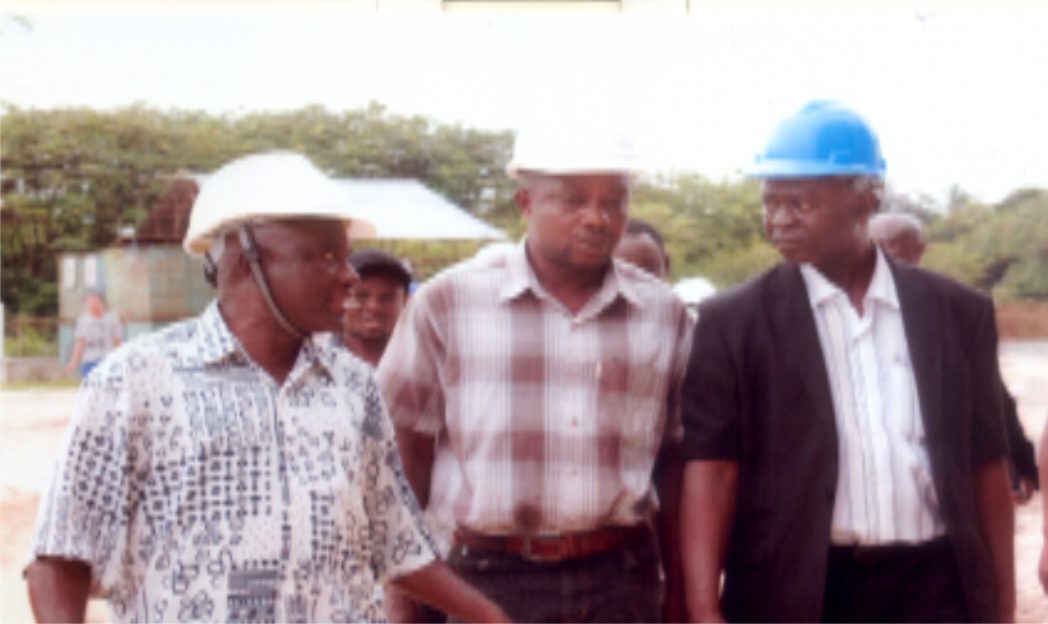Business
Recalled TIMARIV Officers Groam Under Unpaid Salaries
The recently recalled 20-officers of the Rivers State Road Traffic Management Authority (TIMARIV) who were dismissed for alleged corruption, misconduct and sundry offences have been groaming in penury over their four-months unpaid salary.
Some of the affected officers who spoke to The Tide correspondent in Port Harcourt on Monday under anonymity said all efforts to meet with the management to finally resolve the issues and pay them their back-log of salaries had proved abortive, even with the intervention of the National Executive of the Amalgamated Union of Public Corporation’s Civil Service Technical and Recreational Services Employees (AUPCTRE).
According to them, it is disheartening that since they were recalled on December 1, 2014, they have not had the opportunity to have a dialogue with them and also restore payment of their salaries for the past four months.
They lamented that the situation is seriously affecting their livelihood as some could not pay their children’s school fees, house rents, as well as feed their families.
The re-absorbed officers who have since exonerated themselves from the allegations are passionately appealing to the authorities to do everything possible to cushion their plight by paying them their back-log of salaries.
It would be recalled that the earlier dismissal of the officers was said to be in line with section 4 (030401) and (030402) of the Public Service Rules having failed inter-alia to appear before an investigation and disciplinary panel set up by the management that sat between October 27-31, 2014, but were recalled on the condition that they will be placed on certain grade levels, be on six-months probation as well as provide a letter of undertaken pledging to abide by the rules and regulations of the authority.
They were also charged to conduct themselves professionally and in a manner befitting of an officer of the agency.
All efforts to get comment from the Acting Controller General of TIMARIV, Confidence Eke, provide abortive as he was said to be out of the state.
Collins Barasimeye
Business
Two Federal Agencies Enter Pack On Expansion, Sustainable Electricity In Niger Delta

Business
Why The AI Boom May Extend The Reign Of Natural Gas

Business
Ogun To Join Oil-Producing States ……..As NNPCL Kicks Off Commercial Oil Production At Eba

-

 Sports2 days ago
Sports2 days ago2026 WC: Nigeria, DR Congo Awaits FIFA Verdict Today
-

 Environment2 days ago
Environment2 days agoOxfam, partners celebrate 5 years of climate governance programmes in Nigeria
-
Politics2 days ago
ADC, PDP, LP Missing As INEC Set For By- Elections In Rivers
-
Politics2 days ago
FG’s Economic Policies Not Working – APC Chieftain
-

 Politics2 days ago
Politics2 days ago2027: Diri Unveils RHA LG Coordinators, APC Congress Panel
-

 Politics2 days ago
Politics2 days agoReps To Meet,’Morrow Over INEC’s 2027 Election Timetable
-

 Politics2 days ago
Politics2 days agoGroup Continues Push For Real Time Election Results Transmission
-
Sports2 days ago
Sunderland Overcome Oxford Challenge


